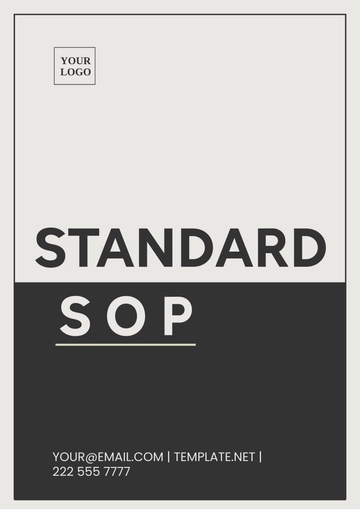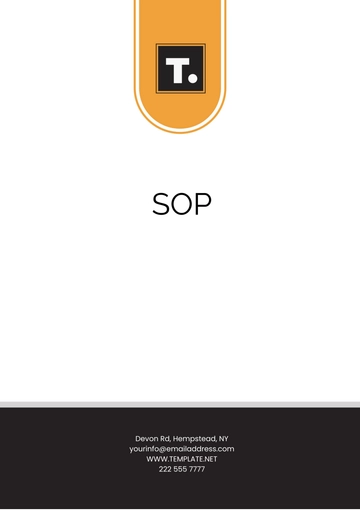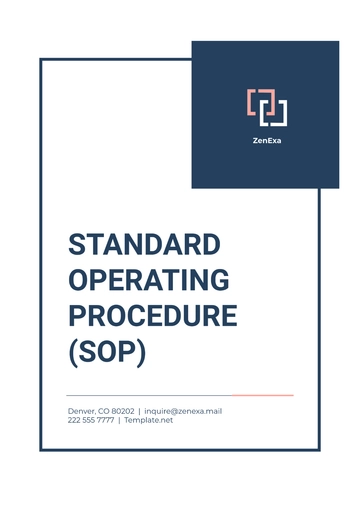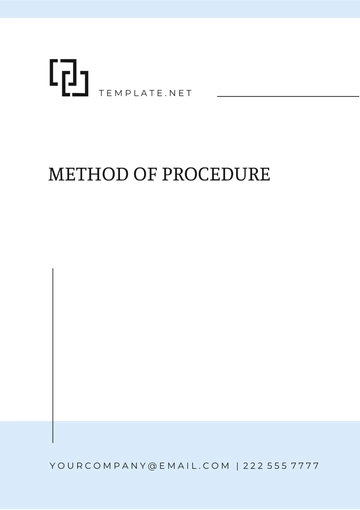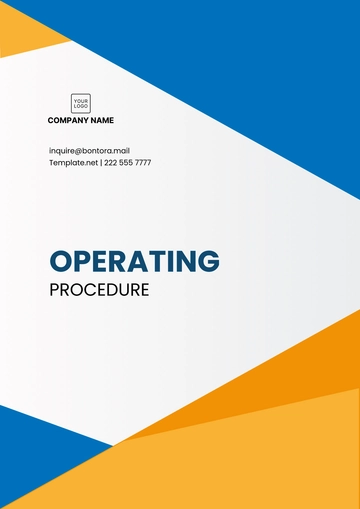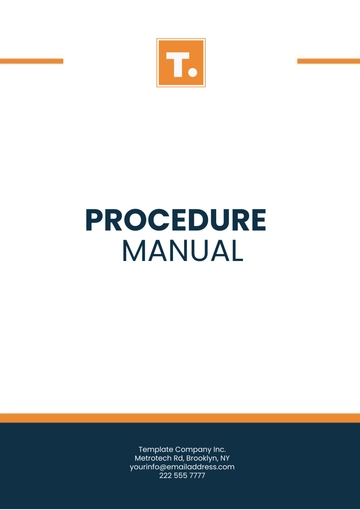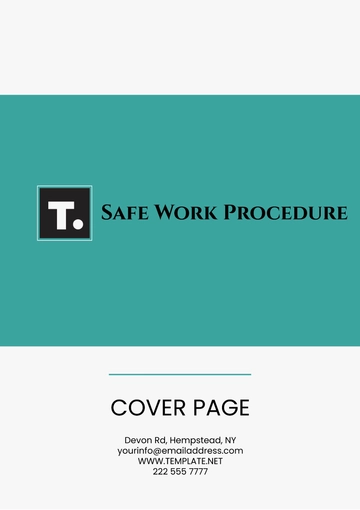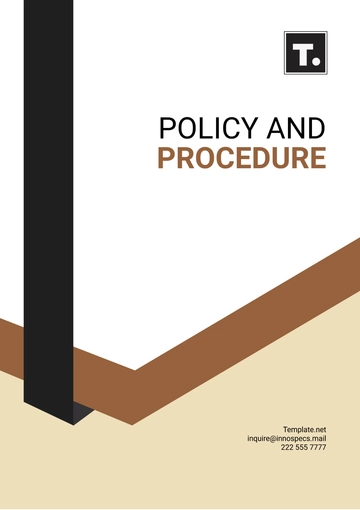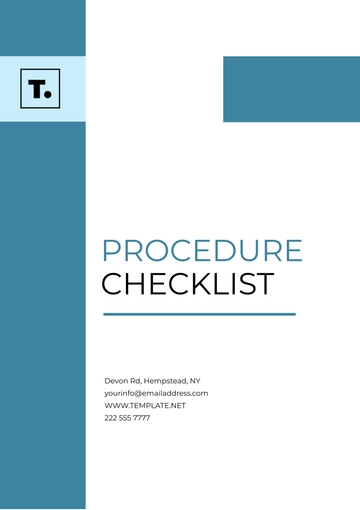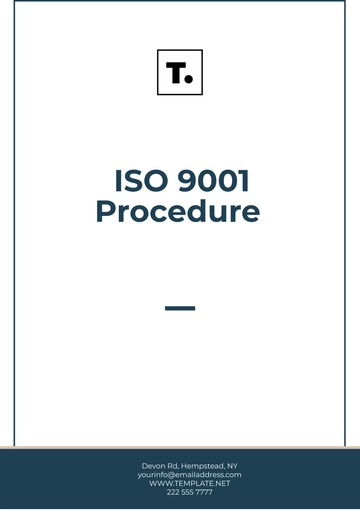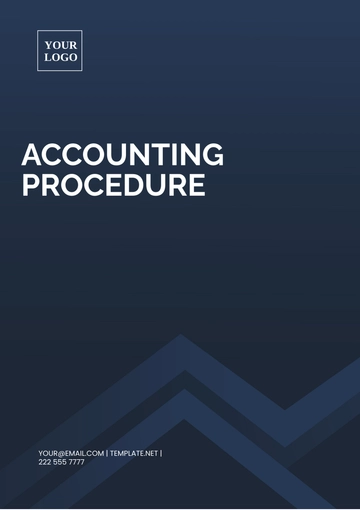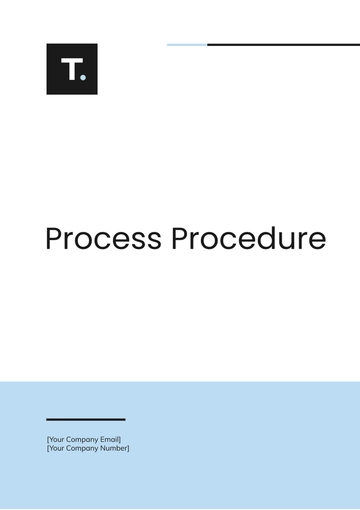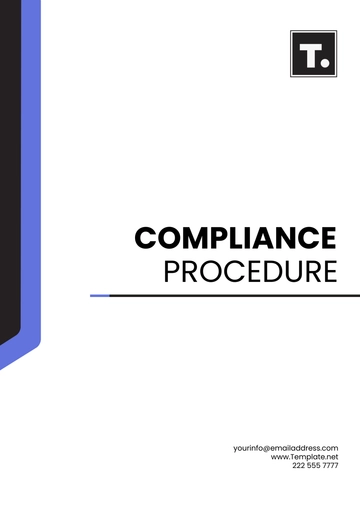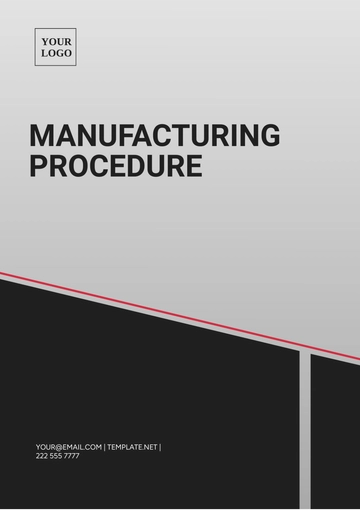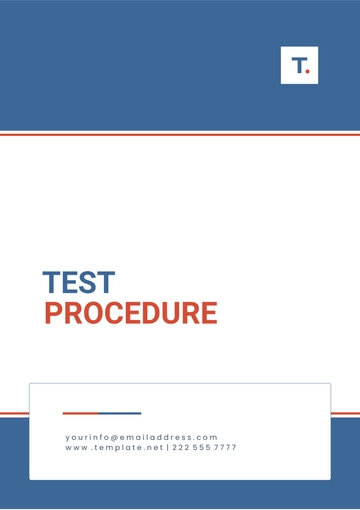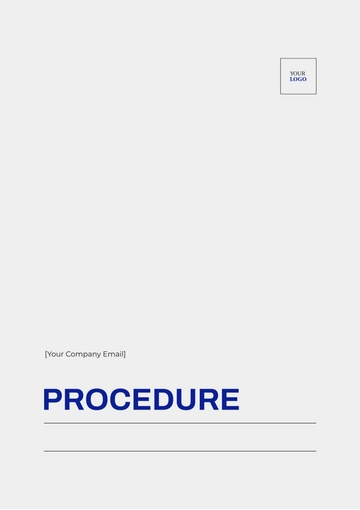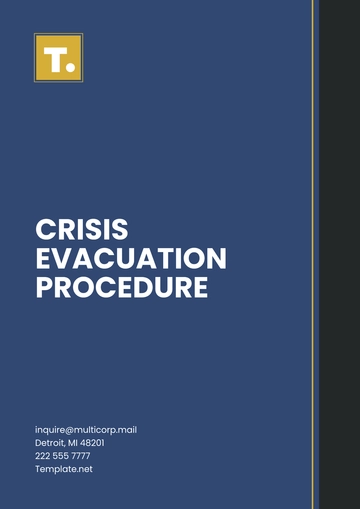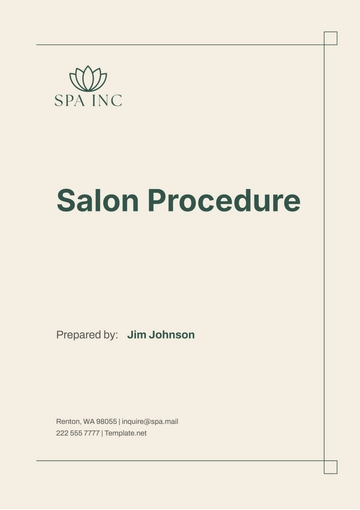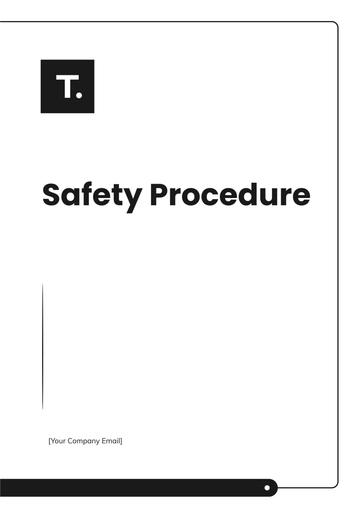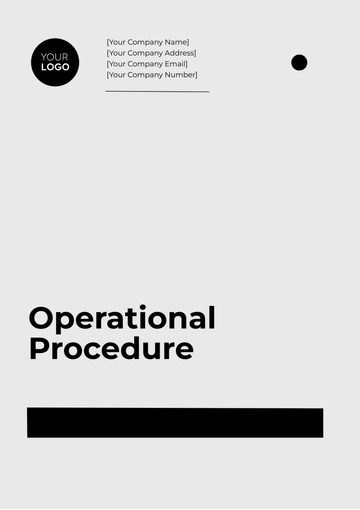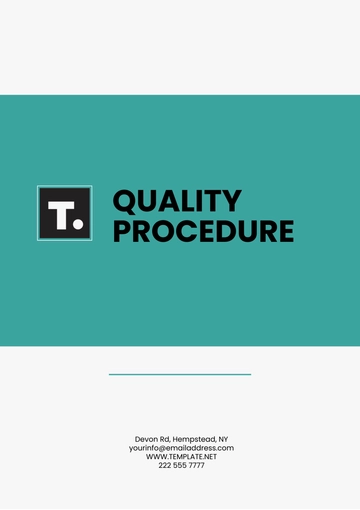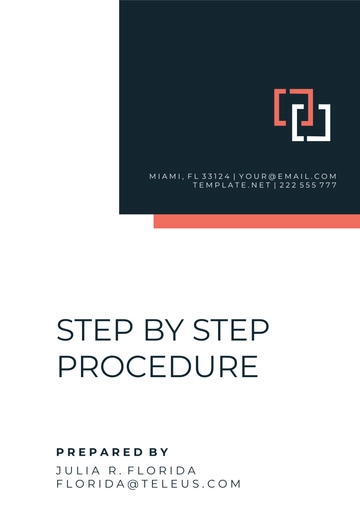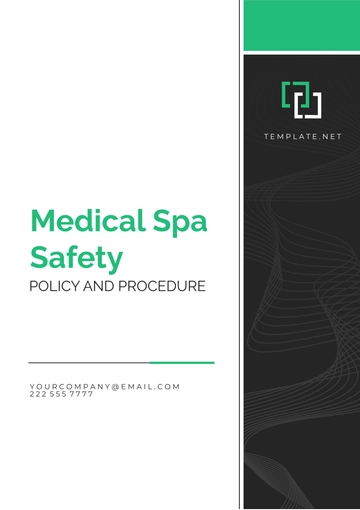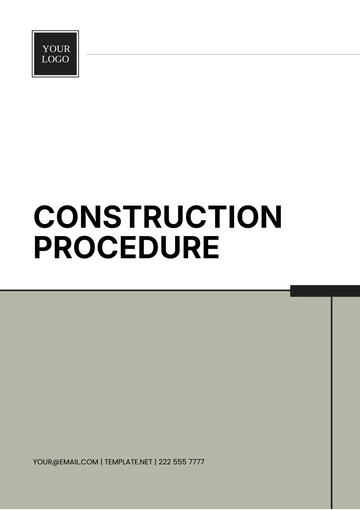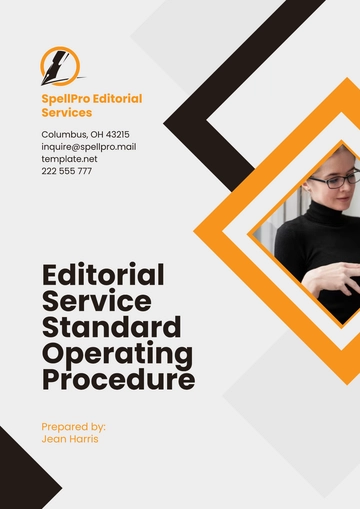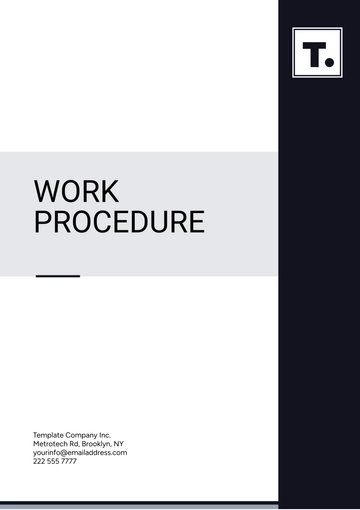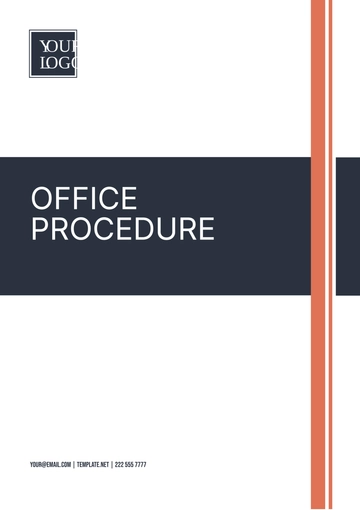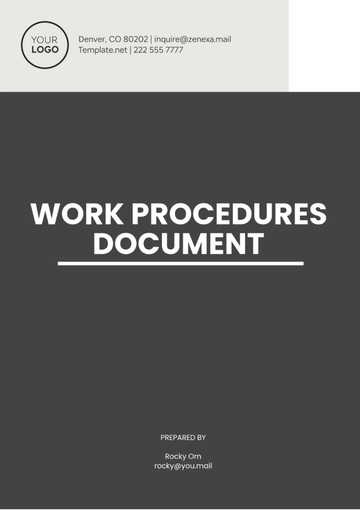Free Nursing Home Complaints Procedure
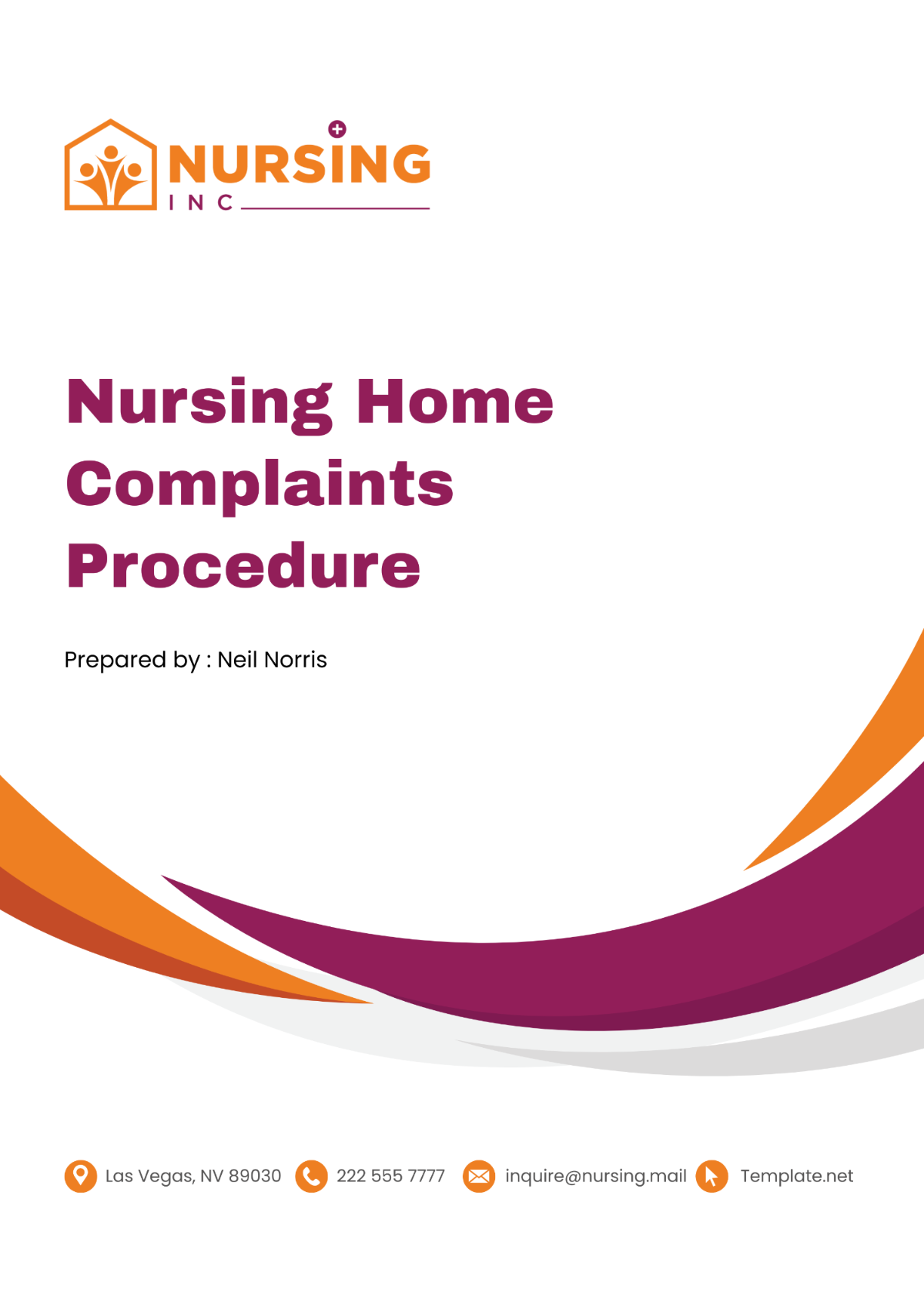
I. Introduction
In our organization, [Your Company Name], our key focus lies in delivering exceptional care, accompanied by superior services, to our esteemed residents. We follow a policy that promotes a setting that is supportive, understanding and filled with compassionate interactions. We strive to craft an atmosphere where our residents can thrive and feel cared for. We acknowledge the significance of filing complaints, inspecting issues thoroughly, and taking corrective actions – if required. Keeping this in mind, we have formulated a Complaints Procedure that adheres to complete clarity and accessibility. Our well-defined process for the expression of concerns, resolution of grievances, and voicing complaints is made readily accessible to our residents, their families as well as our employees. We uphold an unwavering belief regarding the importance of open communication – we view every complaint as constructive feedback, an opportunity to evaluate and enhance our service delivery.
Further, we equally value the feedback we receive, considering it an indispensable tool in maintaining high standards of care within our community. It also plays a contributing role in fostering an environment of trust and mutual respect among its members. The principal objective of this complaint procedure is to address any and all issues that our residents or their families encounter promptly, thereby ensuring their complete satisfaction.
We aspire to resolve all concerns as swiftly as possible, and initiative taken in this regard further strengthens our commitment to the well-being and overall satisfaction of our residents. Ultimately, [Your Company Name] is dedicated to nurturing a community where everyone feels heard, understood and valued, thereby advocating and advocating for resident satisfaction in every aspect.
II. Definitions
Complaint
A formal expression of dissatisfaction or concern raised by a resident, family member, or staff member regarding any aspect of care, services, or the nursing home environment. Complaints may range from issues related to quality of care, treatment by staff, facility cleanliness, dietary concerns, medication management, to matters concerning resident rights and dignity.
Grievance
A specific complaint or issue that requires formal investigation and resolution through the complaints procedure. Grievances often involve situations where informal resolution attempts have failed or when the severity or complexity of the complaint necessitates a structured and thorough investigation process.
Resident
An individual residing in our nursing home who receives care and services from our staff. This includes individuals admitted for short-term rehabilitation, those requiring long-term care due to chronic illnesses or disabilities, and residents receiving specialized care such as memory support or hospice services.
Family Member
Any relative, legal guardian, or designated representative who plays an active role in the resident's care and has the right to voice concerns or complaints on behalf of the resident. Family members are integral partners in the care team and often serve as advocates for residents, ensuring their needs and preferences are communicated and addressed effectively.
Staff Member
An employee of the nursing home, including but not limited to nurses, caregivers, administrators, housekeeping staff, and dietary personnel. Staff members play a crucial role in providing care and support to residents and are expected to adhere to professional standards and ethical guidelines in their interactions with residents and families.
III. Responsibilities
A. Nursing Home Management
As the leaders of our facility, management is responsible for establishing and maintaining an effective complaints procedure that promotes transparency, accountability, and resident-centered care. Management ensures that staff members are trained in complaint resolution processes and provide necessary support to address complaints promptly and appropriately.
B. Staff Members
All staff members are expected to actively listen to residents, families, and colleagues and respond empathetically to their concerns. They must promptly report any complaints to their supervisors or designated complaint handlers and actively participate in investigations and resolution efforts. Staff members are encouraged to seek guidance and support from management whenever necessary to ensure complaints are addressed effectively.
C. Residents and Family Members
Residents and family members are essential partners in maintaining the quality of care in our nursing home. They are encouraged to communicate openly with staff regarding their needs, preferences, and any concerns they may have. Residents and family members should feel empowered to raise complaints without fear of reprisal and work collaboratively with nursing home staff to resolve issues and improve the overall care experience.
IV. Process for Filing a Complaint
1. Informal Resolution
We encourage residents, family members, and staff to resolve concerns informally whenever possible, as this often leads to quicker and more satisfactory resolutions. Informal resolutions may involve discussing the issue directly with the involved staff member, supervisor, or department head. Residents and family members can also utilize suggestion boxes or resident/family councils to voice concerns in a less formal manner.
2. Formal Complaint Submission
If an issue cannot be resolved informally, individuals may submit a formal written complaint to the designated complaint handler or administrator. Complaints should include detailed information such as the nature of the concern, specific incidents, relevant dates, and any supporting documentation. Complaints can be submitted via email, letter, or in-person, and all submissions will be acknowledged within a specified timeframe.
V. Complaint Handling and Investigation
1. Receipt of Complaint
Upon receipt of a formal complaint, the designated complaint handler will acknowledge its receipt and initiate the investigation process. The complainant will receive confirmation that their complaint is being addressed and provided with contact information for further inquiries.
2. Initial Assessment
The designated complaint handler will conduct an initial assessment of the complaint to determine its urgency, severity, and appropriate course of action. This may involve reviewing the complaint's details, consulting with relevant staff members, and prioritizing complaints based on potential risks to resident safety or well-being.
3. Investigation
A thorough investigation will be conducted by the designated complaint handler or a designated investigative team. This may include interviewing involved parties, gathering evidence, reviewing relevant documentation, and assessing the circumstances surrounding the complaint. The investigation will be conducted impartially, and confidentiality will be maintained throughout the process.
VI. Resolution and Follow-Up
A. Resolution of Complaint
Upon completion of the investigation, the nursing home will communicate the findings and proposed resolution to the complainant in writing or in-person meeting. This communication will include a summary of the investigation process, the conclusions reached, and any actions or changes implemented as a result of the complaint. The nursing home will ensure that the resolution is tailored to address the specific concerns raised and that appropriate measures are taken to prevent similar issues from occurring in the future.
B. Follow-Up
Following the resolution of the complaint, the nursing home will monitor the effectiveness of implemented solutions to ensure that the complaint is satisfactorily resolved. This may involve periodic follow-up discussions with the complainant to assess their satisfaction with the outcome and address any lingering concerns or additional needs. Additionally, the nursing home will document the resolution of the complaint and any follow-up actions taken for future reference and quality assurance purposes.
VII. Escalation Procedures
If the complainant is not satisfied with the resolution provided by the nursing home, they may request further review of the complaint by senior management or an external mediator. The nursing home will provide clear guidelines for escalating complaints, including contact information for relevant individuals or agencies where complaints can be escalated. Additionally, the nursing home will cooperate fully with any external investigations or reviews initiated by regulatory agencies or ombudsmen in response to escalated complaints.
VIII. Documentation and Record-Keeping
The nursing home has a responsibility to ensure the systematic upkeep of all complaint records, which would include not just an assortment of all the complaints received, but would further incorporate an explicit replication of every formal complaint that the establishment has received as well as a record acknowledging that these complaints have indeed been received. In addition to this, any form of documentation which substantiates the fact that investigations related to these complaints have indeed been carried out, or provides evidence to the conclusions derived from these investigations, as well as a detailed description of the resolution tactics which have been executed with the goal to resolve the identified issues, will be cautiously stored in an extremely confidential and secure manner, while strictly adhering to all rules and regulations pertaining to the privacy of complaint information.
Furthermore, the nursing home benefits from carrying out a periodical study and examination of these stored records in order to identify any potent trends or recurring patterns in the complaints received. This deliberate activity gives the nursing home a distinct ability to pinpoint specific areas where quality could be improved, and allows the establishment to set in motion proactive strategies, specifically designed to prevent the recurrence of issues which have been identified from past trends and patterns in complaints.
IX. Continuous Improvement
The nursing home pledges to embark on a continuous journey of reviewing and updating the procedures surrounding complaints. This is done in an effort to confront and address any fresh issues that may arise, as well as to take into consideration feedback received from the various segments of individuals associated with the nursing home. These include, but are not limited to, the residents of the nursing home, their families, as well as the dedicated staff members of the nursing home. In this ongoing and iterative process, the nursing home will ensure that the opinions and suggestions of all stakeholders are taken into account. They will solicitate these views by organizing surveys, setting up focus group discussions, and convening resident or family council meetings. The primary objective underpinning these activities is to identify and pinpoint areas where improvements can be made in terms of complaint handling. On top of obtaining valuable input from stakeholders, the nursing home will also put in place a schedule of conducting regular audits on the processes involved in the handling of complaints. By doing so, it will ensure that the way complaints are dealt with adheres strictly to the requirements stipulated by the regulation. Moreover, these audits will also be instrumental in mapping existing procedures against best practice models in the industry. This will bring to light any gaps existing in the current processes, which then can be filled by implementing appropriate measures. The findings and insights gleaned from these audits will be tactfully incorporated in the procedures followed by the nursing home, thereby defining a robust and continuous quality improvement initiative.
X. Training and Education
The nursing home management has decided to provide comprehensive training to its staff members in order to enable them understand their distinctive roles and responsibilities according to the protocol set out under the complaints procedure. The training will cover different aspects including but not limited to effective communication techniques, strategies for conflict resolution and maintaining confidentiality among staff members as well as between staff and the residents.The management firmly believes in the importance of fostering deep understanding, empathy, mutual respect and effective listening to the concerns of residents and their family members. As such, the staff training program will strongly emphasize these principles. It will also equip the staff with the ability to provide immediate and effective responses to complaints made by residents or their families while strictly adhering to the established protocols for the thorough investigation and resolution of such complaints. In addition, the nursing home will ensure the availability of comprehensive educational materials from which the residents and their families can gain a substantial understanding of their rights. In an effort to provide clear information on how they can communicate any rising concerns or complaints to the nursing home staff, we will ensure the complaints process is thoroughly broken down into understandable, easy to follow steps. To guarantee inclusivity, the information provided will be available in accessible formats that all residents and their respective families can easily understand.
XI. Conclusion
In conclusion, [Your Company Name] is dedicated to fostering a culture of transparency, accountability, and continuous improvement through its Complaints Procedure. By providing a structured framework for addressing concerns and grievances, we aim to uphold the highest standards of care and enhance the well-being and satisfaction of our residents and their families. We encourage open communication and feedback from all stakeholders, as we work together to create a safe, supportive, and resident-centered environment.
- 100% Customizable, free editor
- Access 1 Million+ Templates, photo’s & graphics
- Download or share as a template
- Click and replace photos, graphics, text, backgrounds
- Resize, crop, AI write & more
- Access advanced editor
Simplify the process of addressing resident concerns with the Nursing Home Complaints Procedure Template from Template.net. This editable and customizable template features an intuitive AI Editor Tool, allowing nursing home administrators to tailor the procedure to their facility's needs. Streamline complaint resolution and ensure resident satisfaction with this comprehensive and user-friendly template.
